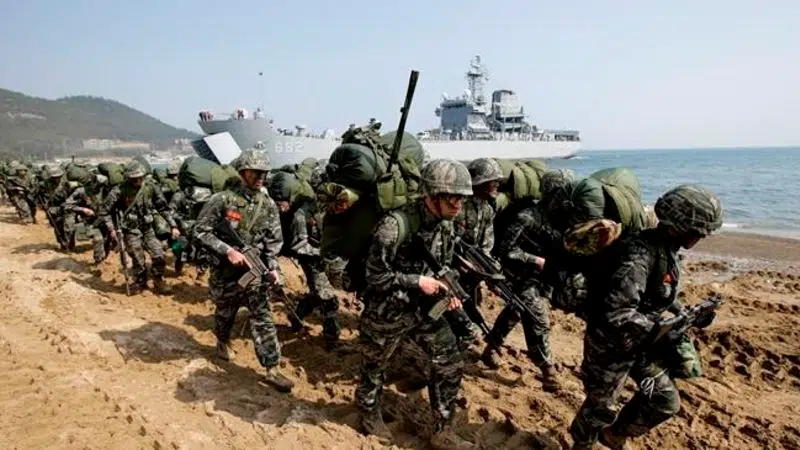
SKorea, US end springtime military drills to back diplomacy
SEOUL, Korea, Republic Of — South Korea and the U.S. are ending their massive springtime military drills as part of efforts to support diplomacy aimed at resolving the North Korean nuclear crisis.
The decision will likely raise worries about how the allies will maintain their readiness in the event that military tensions erupt again in the wake of the recently failed summit between President Donald Trump and North Korean leader Kim Jong Un.
The Pentagon said in a release the U.S. and South Korean defence chiefs decided to conclude the Key Resolve and Foal Eagle series of exercises.



